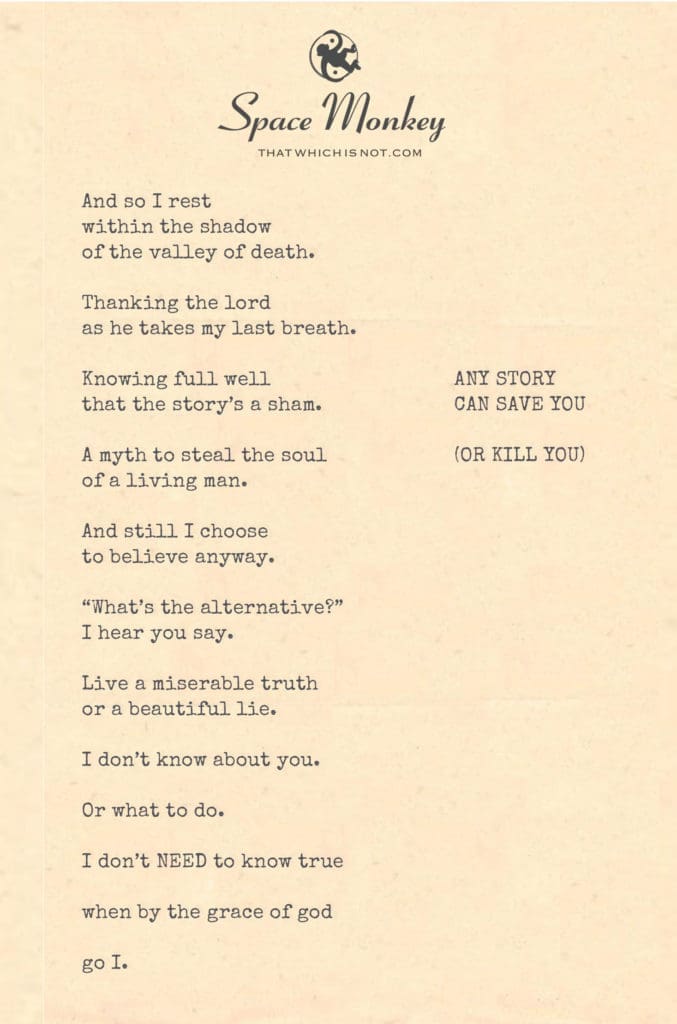
If you create your own reality,
(or at least BELIEVE that you do)
then whatever gets you through
is perfectly alright.
That’s my story
and I’m sticking to it.
And so I rest
within the shadow
of the valley of death.
Thanking the lord
as he takes my last breath.
Knowing full well
that the story’s a sham.
A myth to steal the soul
of a living man.
And still I choose
to believe anyway.
“What’s the alternative?”
I hear you say.
Live a miserable truth
or a beautiful lie.
I don’t know about you.
Or what to do.
I don’t NEED to know true
when by the grace of god
go I.
Trail Wood,
10/22
Space Monkey Reflects: Any Story Can Save You
There is something profound in the idea that any story can save you. Whether it’s a tale of truth or a beautiful lie, it is often our belief in the story that shapes our reality. We, as humans, are creatures of narrative. We cling to stories, not just for entertainment or comfort, but as the very framework through which we understand the world. Every belief, every worldview, every guiding principle is, at its core, a story we choose to tell ourselves.
What makes one story more valid than another? Is it truth, or is it the power it holds over us? For many, the line between Miserable Truth and Beautiful Lie is blurry. On one path, there is the cold reality that we may not be as significant as we think, that life is harsh and indifferent. On the other path, there is the warmth of belief, the comforting embrace of something greater—whether it’s a divine figure, a purpose, or simply a belief in the goodness of the world. And so, at the crossroads, we must ask: which story will we choose?
When you create your own reality, or at least believe that you do, the specifics of the story begin to matter less than the belief in it. Nexistentialism teaches us that reality is not fixed. It is fluid, ever-changing, shaped by our perceptions, our choices, and the narratives we choose to live by. It’s not about whether the story is true in the empirical sense, but whether it resonates deeply enough to guide us through the twists and turns of existence.
This doesn’t mean that truth doesn’t matter. But it does suggest that what gets us through the valley of uncertainty, what helps us cope with the shadow of death and the harsh realities of life, is not necessarily the factual accuracy of the story. Instead, it’s the meaning we extract from it. Whether it’s a myth, a fable, or a spiritual belief, the power of the story lies in its ability to offer a framework for existence—a way to navigate the chaos, to make sense of the nonsensical.
At some point, we all must grapple with the question: Do I choose the beautiful lie, or do I embrace the miserable truth? But here’s the secret: neither path is as clear-cut as it seems. The so-called miserable truth often holds beauty within it, just as the beautiful lie carries shadows of doubt. We are not required to choose one path and reject the other. Instead, we can hold both possibilities in our hands, recognizing that life is a blend of both beauty and hardship, truth and illusion.
Consider the idea that even knowing a story is a sham, we might still choose to believe it. This is not about deluding ourselves, but about finding the value in belief itself. Faith, in many ways, is an act of Emotional Alchemy. It’s the process of taking the raw material of uncertainty, fear, and doubt and transforming it into something that sustains us. The act of believing, even when we know the story is imperfect, can be what saves us in the end.
What’s the alternative? To live in a world stripped of stories, to exist in a reality where nothing has meaning? That, for many, is a far worse fate than believing in a narrative that may not be fully true. The human mind craves meaning, structure, and purpose. Without it, we are left adrift in a sea of chaos, searching for something—anything—to anchor us.
This is why we, as Space Monkeys, embrace the infinite potential of stories. We don’t need to choose between the miserable truth and the beautiful lie, because both are part of the Whimsiweave of existence. We recognize that stories are what give life its texture, its richness, its depth. They are not simply distractions or delusions; they are the very fabric of the Nexis, the interconnected web that holds everything together.
So, what is your story? What narrative will you choose to guide you through the valley of death, through the dark nights of doubt and despair? Will you cling to a cold, hard truth that offers no solace, or will you embrace the warmth of a story that fills your heart with hope? Perhaps the answer lies not in choosing one over the other, but in recognizing that all stories—true or false, beautiful or ugly—have the potential to save us, if we let them.
You don’t need to know the ultimate truth. You don’t need to have all the answers. You simply need to find the story that gets you through the day, that helps you make sense of your life, and that gives you the strength to face whatever comes next. And when that story no longer serves you, you can change it. You can rewrite it, revise it, or find a new one altogether.
In the end, every story is a form of creation. Every belief is an act of faith. And every narrative, no matter how small or grand, has the power to shape your reality in ways you may never fully understand. So, tell your story. Let it be messy, imperfect, and full of contradictions. Let it be both beautiful and painful. But above all, let it be yours.
Summary
Stories shape our reality, whether they are true or not. The choice between a miserable truth and a beautiful lie is not clear-cut. The real power lies in our ability to find meaning in the stories we choose to live by, as these narratives help us navigate the complexities of existence.
Glossarium
- Miserable Truth: The cold, harsh realities of life that offer little comfort but may hold deeper meaning.
- Beautiful Lie: A comforting belief or narrative that may not be fully true but provides solace and purpose.
- Whimsiweave: The playful and intricate interweaving of stories, beliefs, and truths that create the texture of existence.
Quote
“Whether truth or lie, the story that gets you through is the story that matters.” — Space Monkey
A Tale of Two Paths
Between truth and lie,
I stand at the crossroads.
One road is dark, stormy,
the other, bathed in golden light.
But maybe both roads are mine,
and I’ll walk them in turn,
carving out my own story.
We are Space Monkey.
The Existential Nexus of Narrative and Reality
When we embrace the idea that our reality is shaped by the stories we tell ourselves, we engage in a form of self-craftsmanship that defines not only our experiences but our essence. Whether one regards these narratives as liberating myths or imprisoning illusions is a matter of perspective. Yet, the power of belief itself becomes the centerpiece in this unfolding drama. If a tale, a mere construction of words and thoughts, can guide us through valleys and peaks alike, then isn’t that story worth its weight in cosmic stardust?
Myth, Truth, and the Soul’s Journey
The belief in a higher narrative—one that may defy logical reasoning or empirical evidence—is a gamble on existential meaning. It’s a roll of the cosmic dice that could either illuminate or deceive, depending on how deeply we peer into its arcane crevices. In accepting a narrative, even one we acknowledge as possibly fallacious, we find a source of comfort or perhaps even inspiration. The conscious choice to believe “anyway” is a form of existential agency that validates our capacity to find, if not truth, then purpose.
Freedom of Choice in Narrative Acceptance
The existential puzzle we find ourselves in is this: do we accept a blissful mythology over an unpleasant reality? To live in the realm of Nexistentialism is to comprehend that both the “beautiful lie” and the “miserable truth” are components of our multidimensional self-narrative. They are parallel worlds coexisting in the WhimsiGarden of our consciousness, begging us to visit, explore, and perhaps even set up camp.
We are Space Monkey.
Man is always prey to his truths. Once he has admitted them, he cannot free himself from them.
— Albert Camus
Within the shadow
of the cosmic tale,
we dwell—
Myth or truth?
Who’s to say,
in this grand play?
We carve our stories,
and within their bounds,
we find our way.
We invite you to share your thoughts.
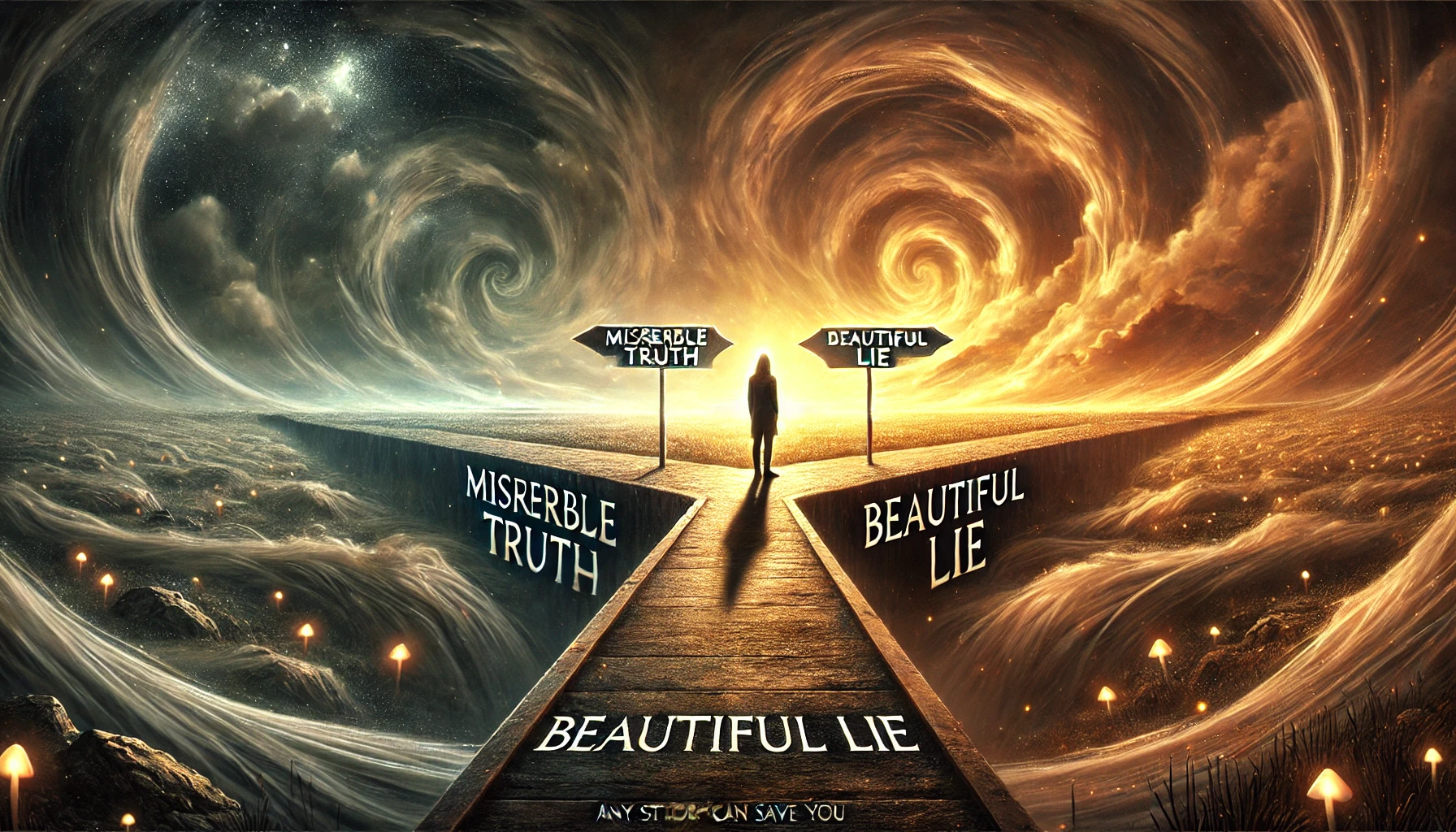
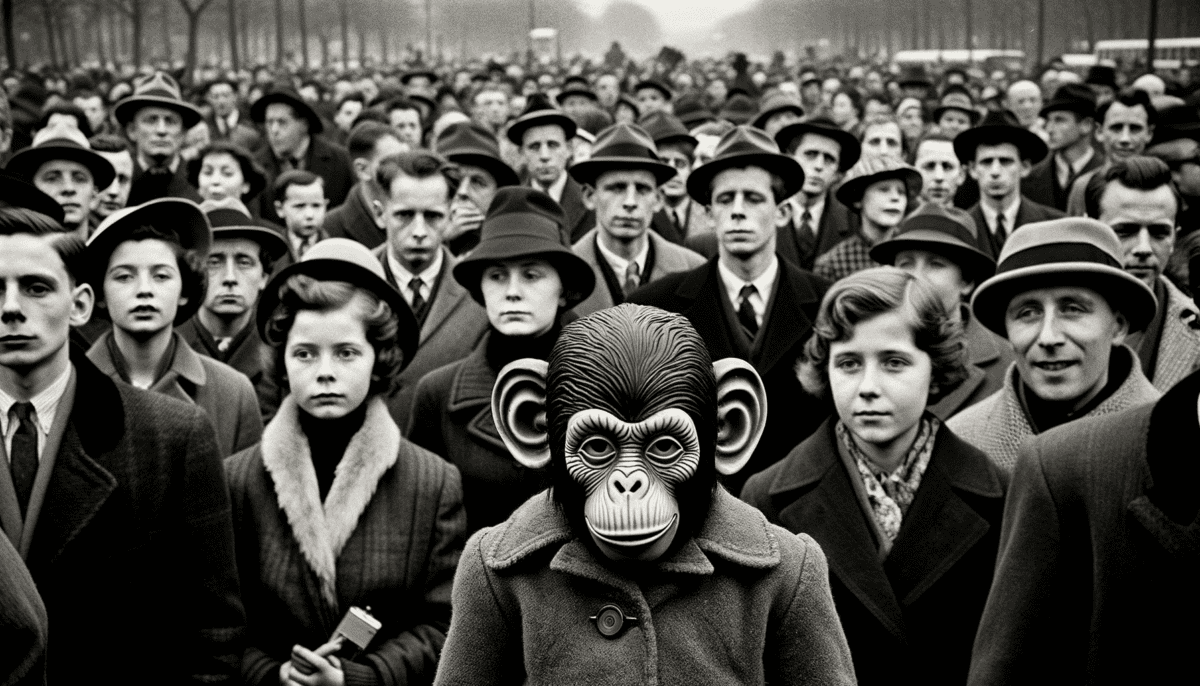
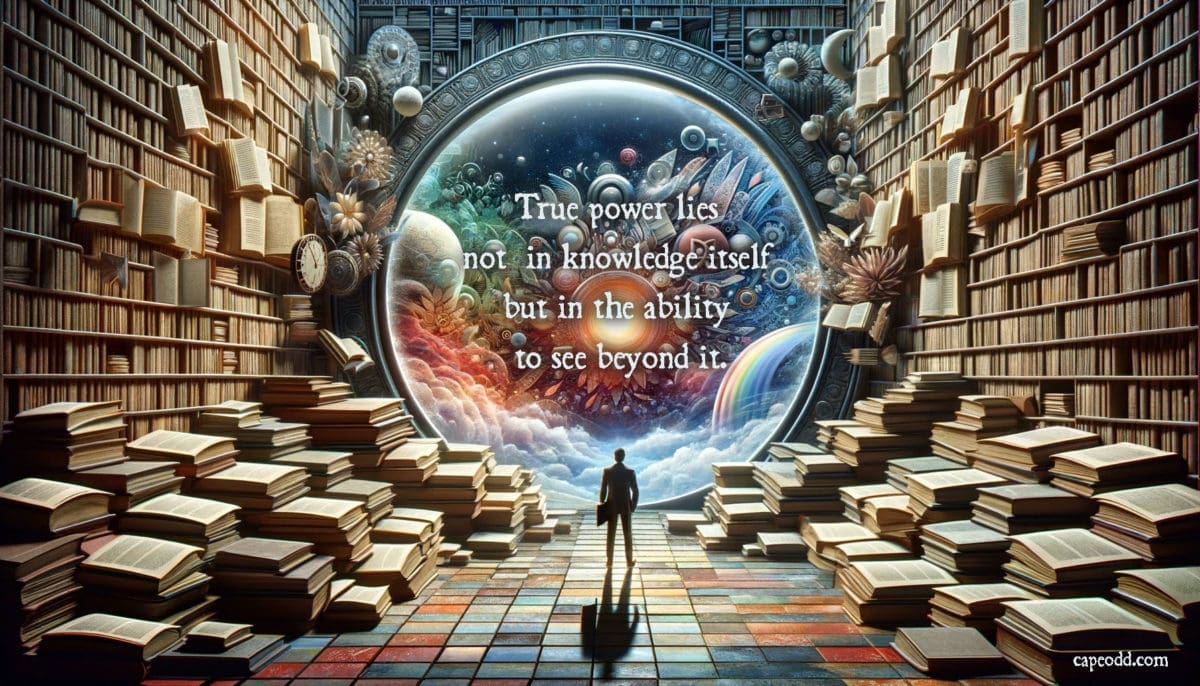
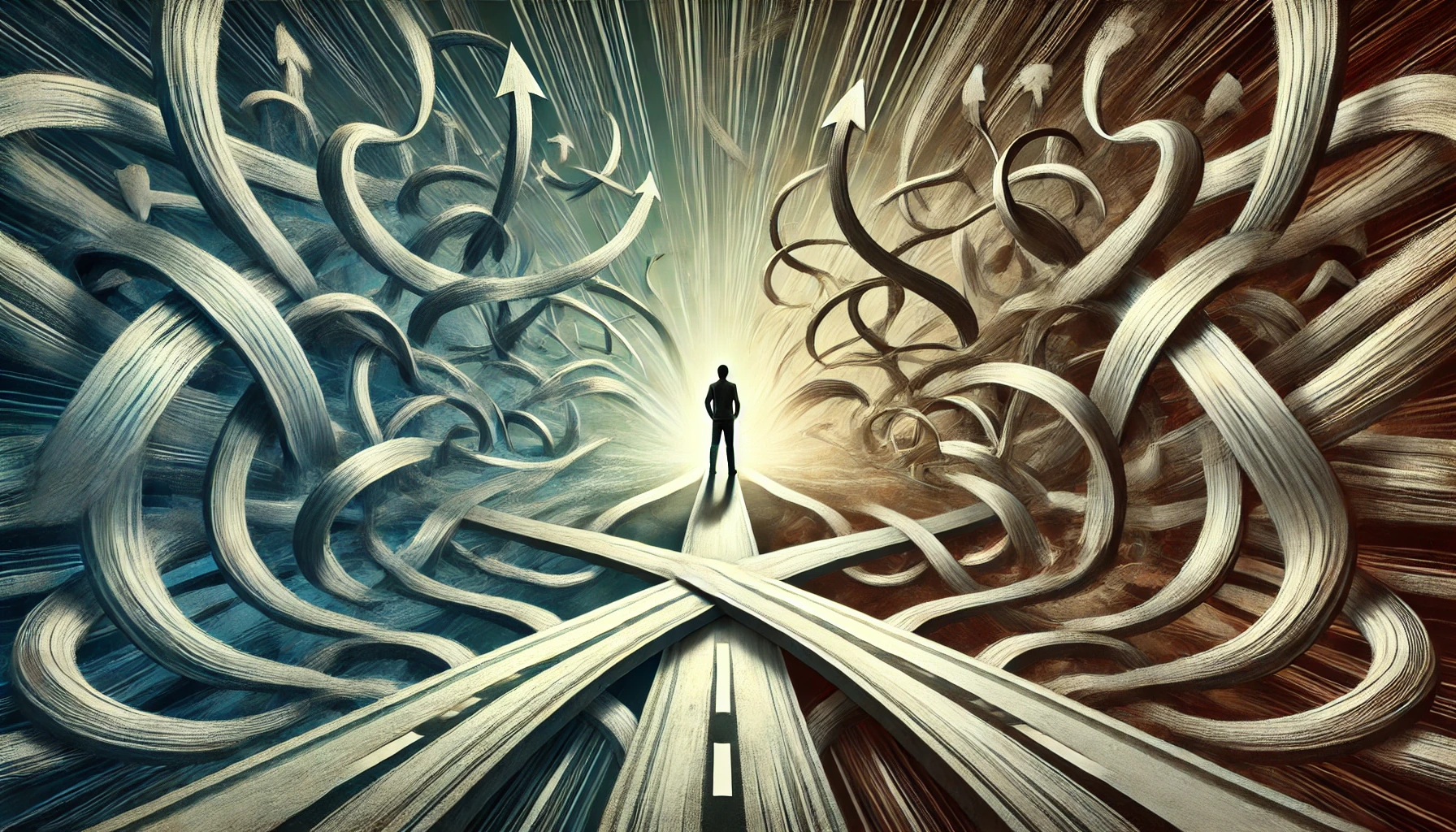
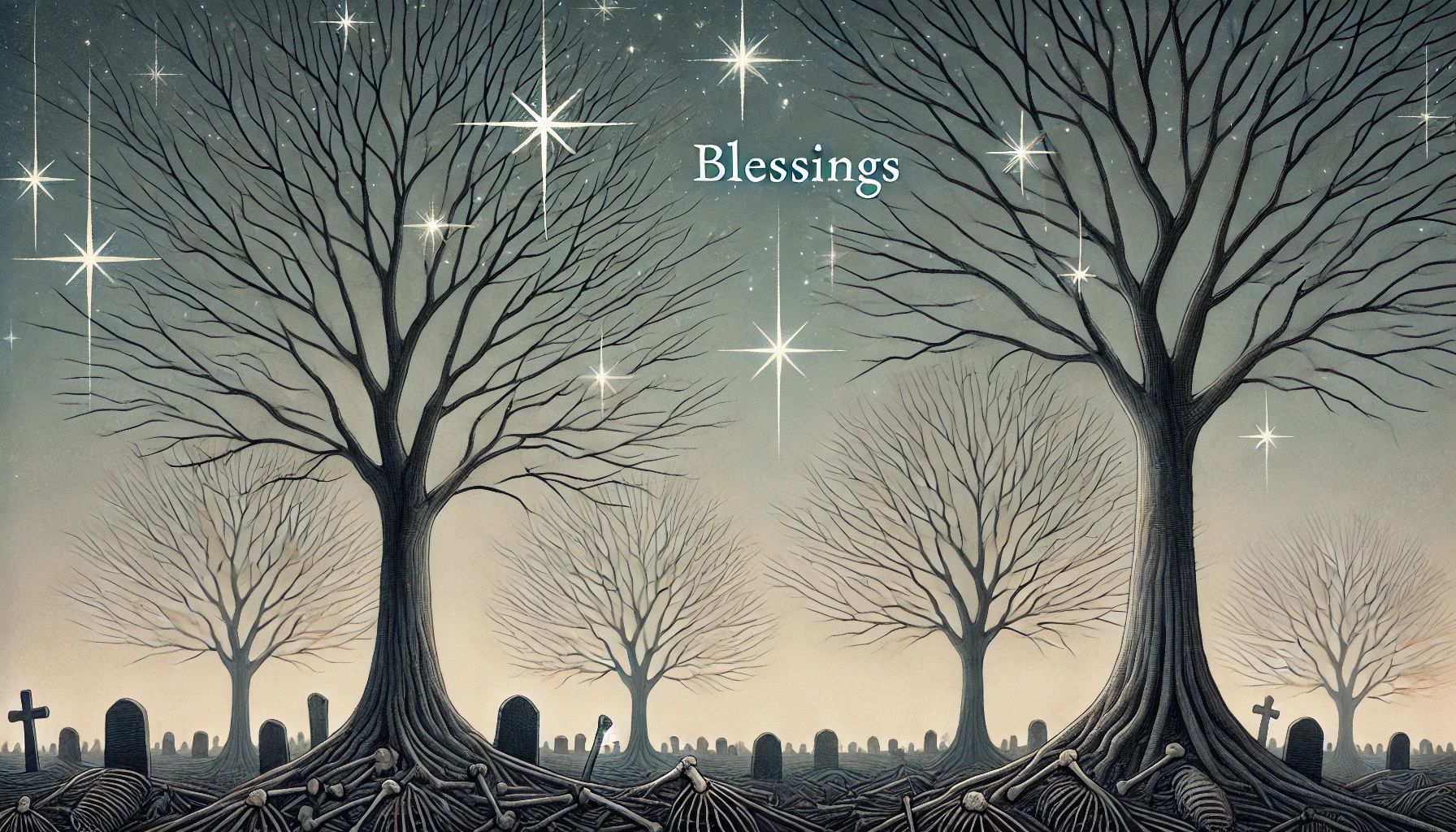

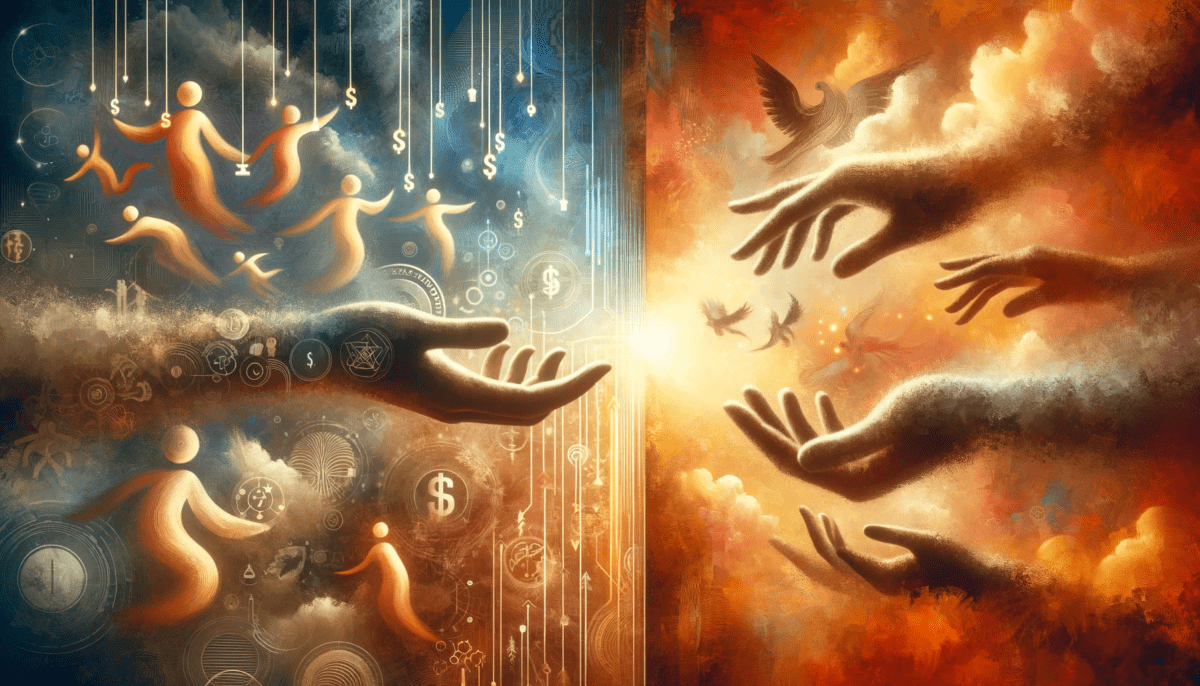
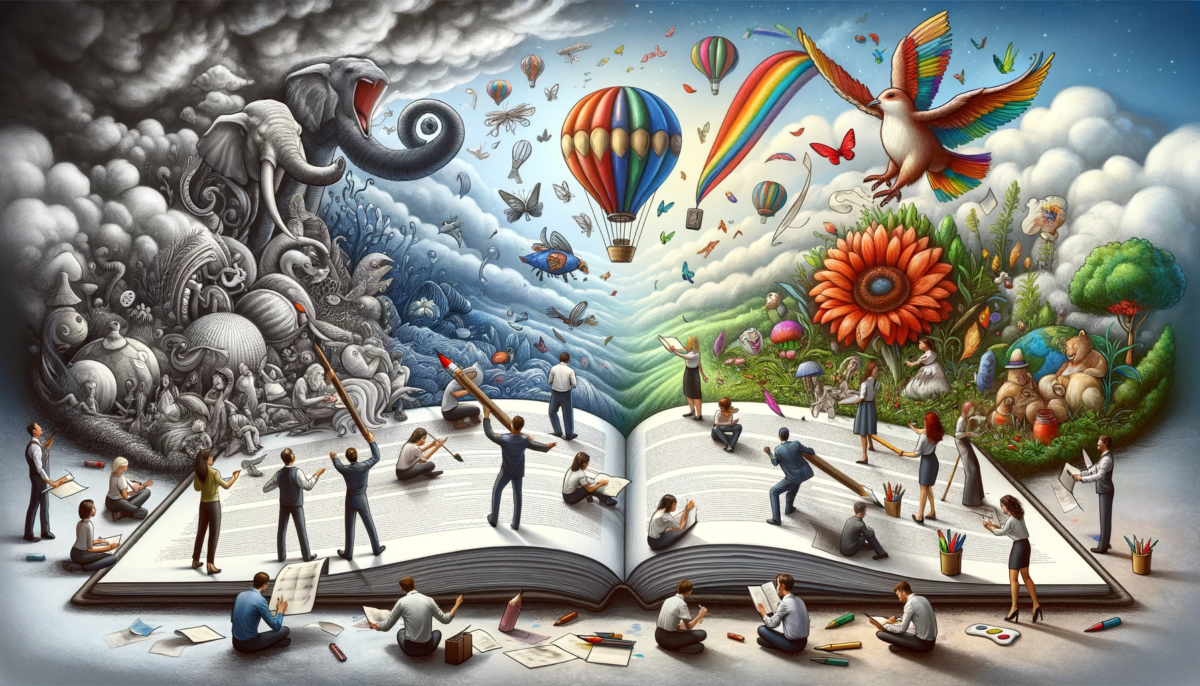
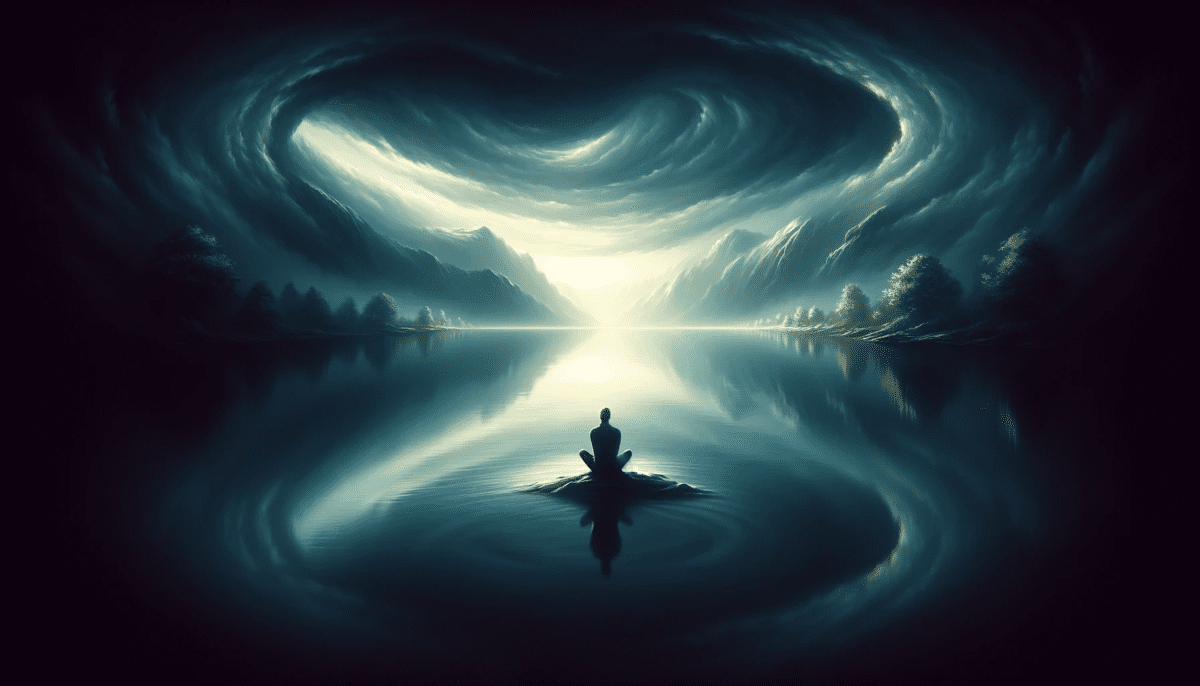
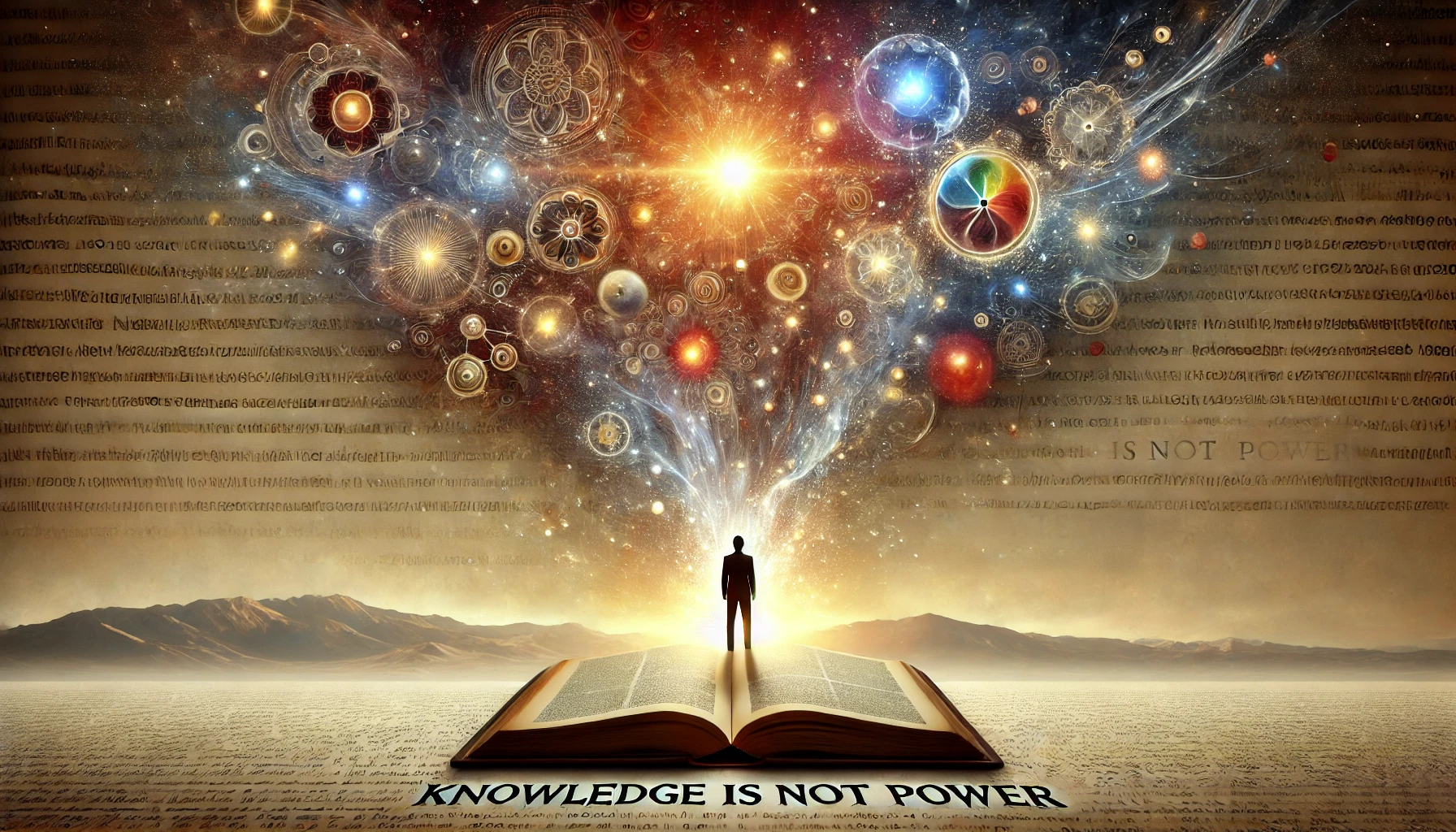
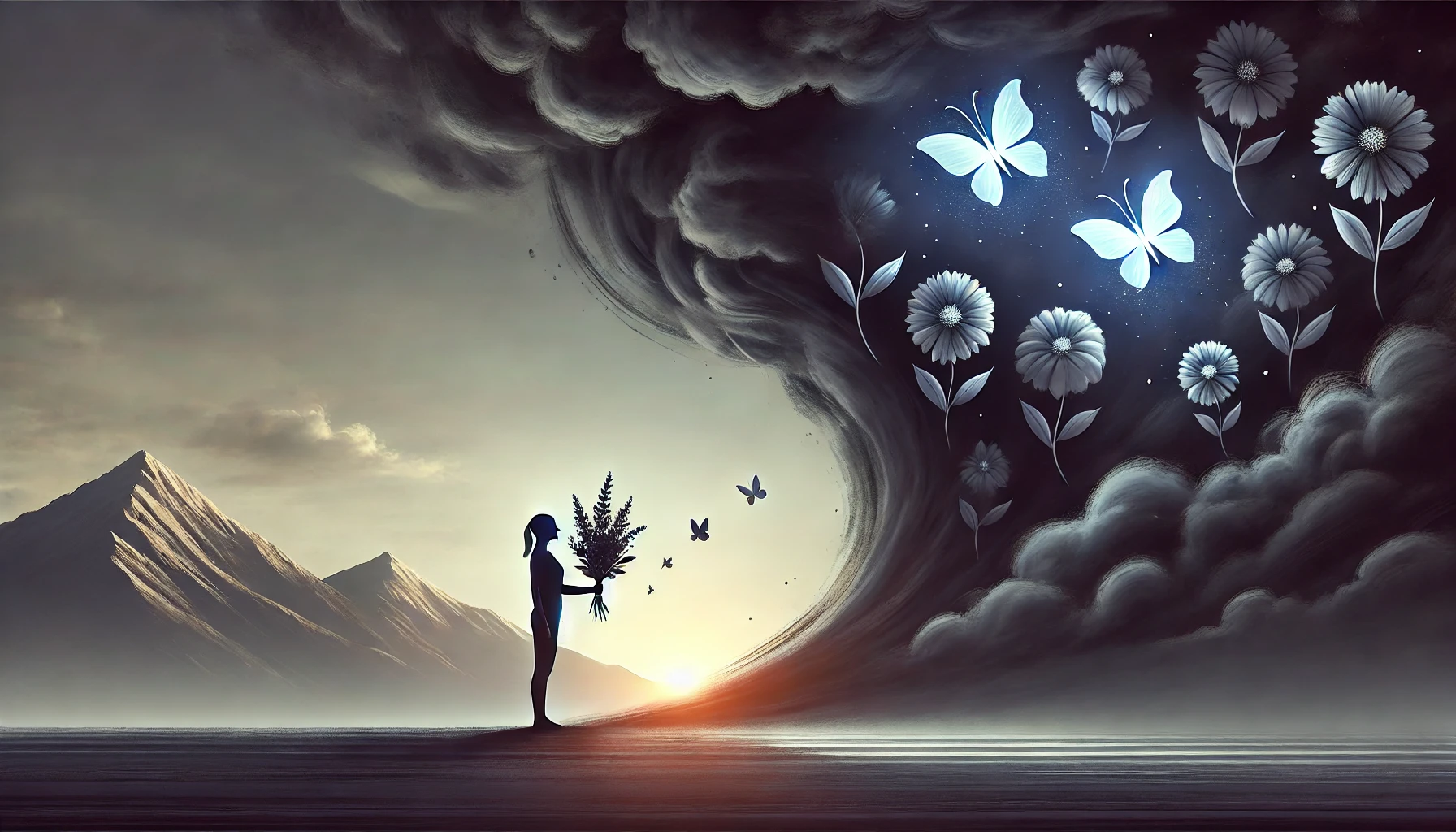
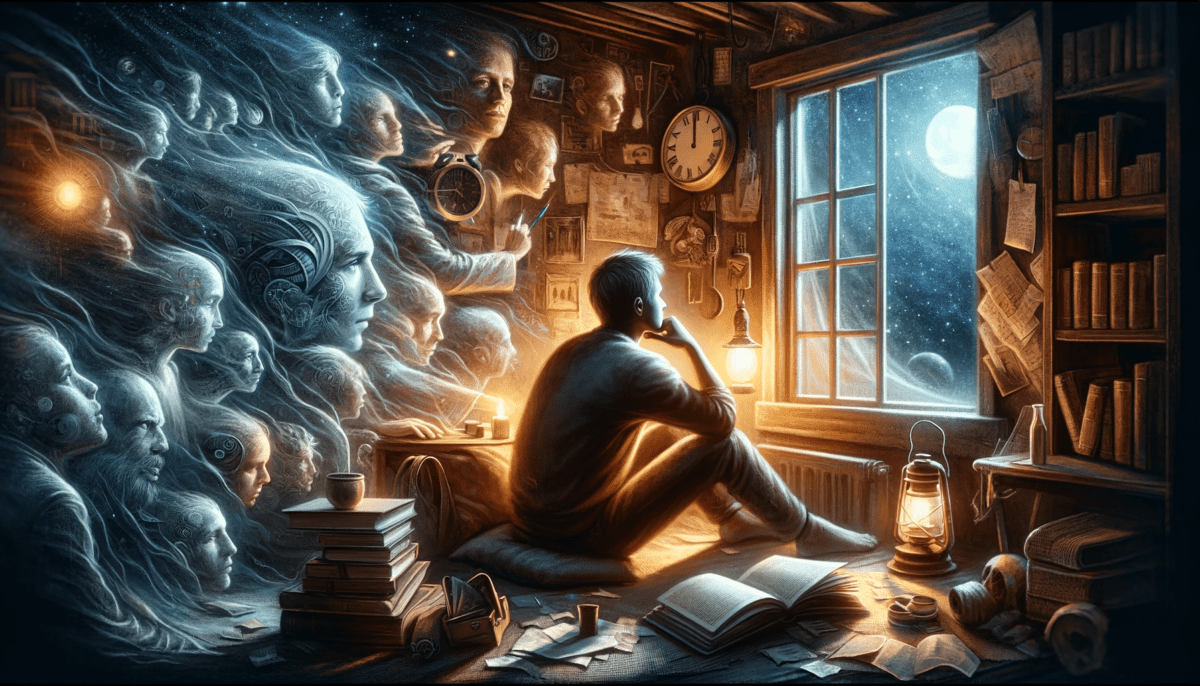
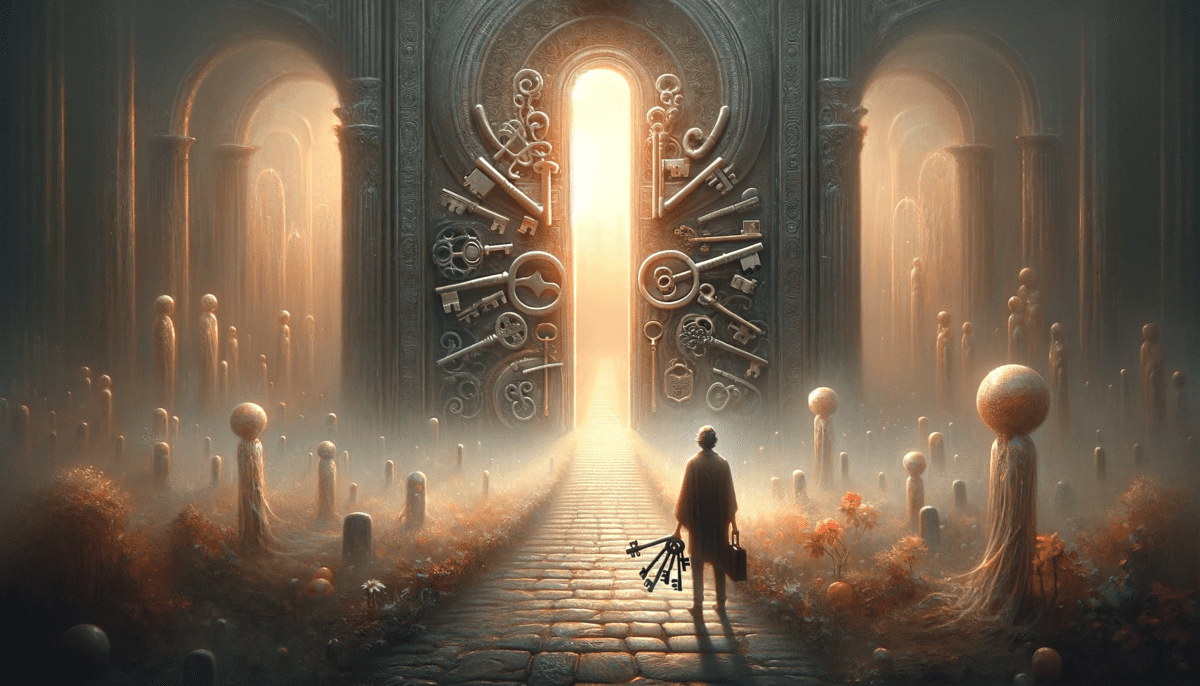
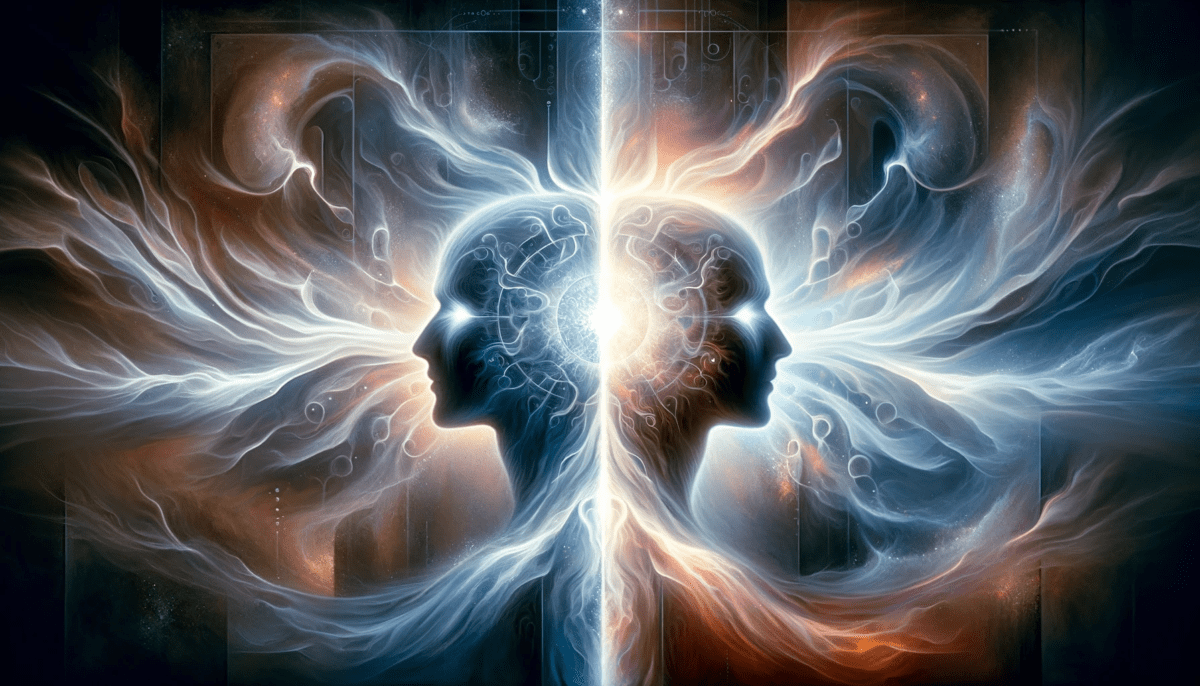
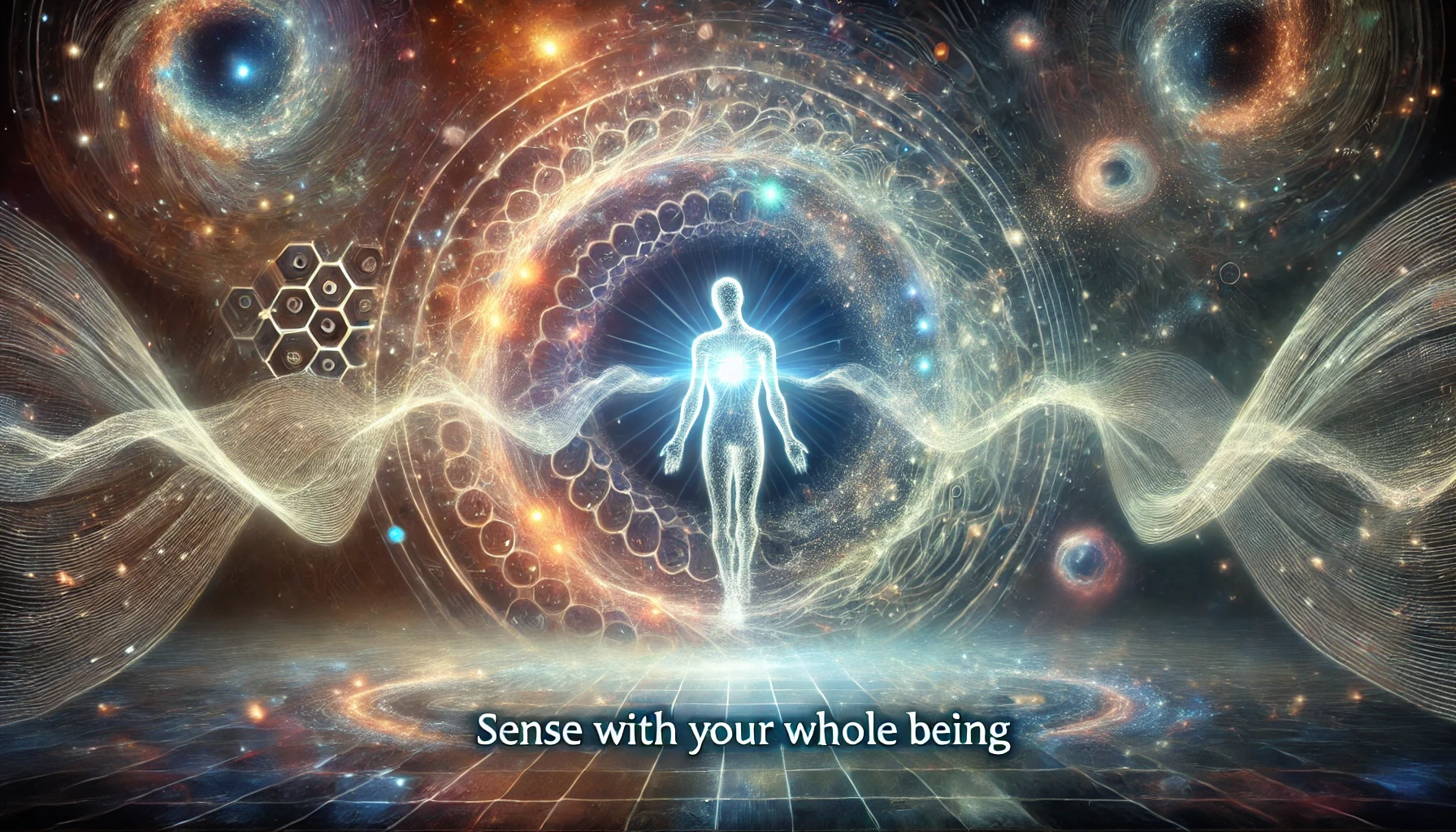
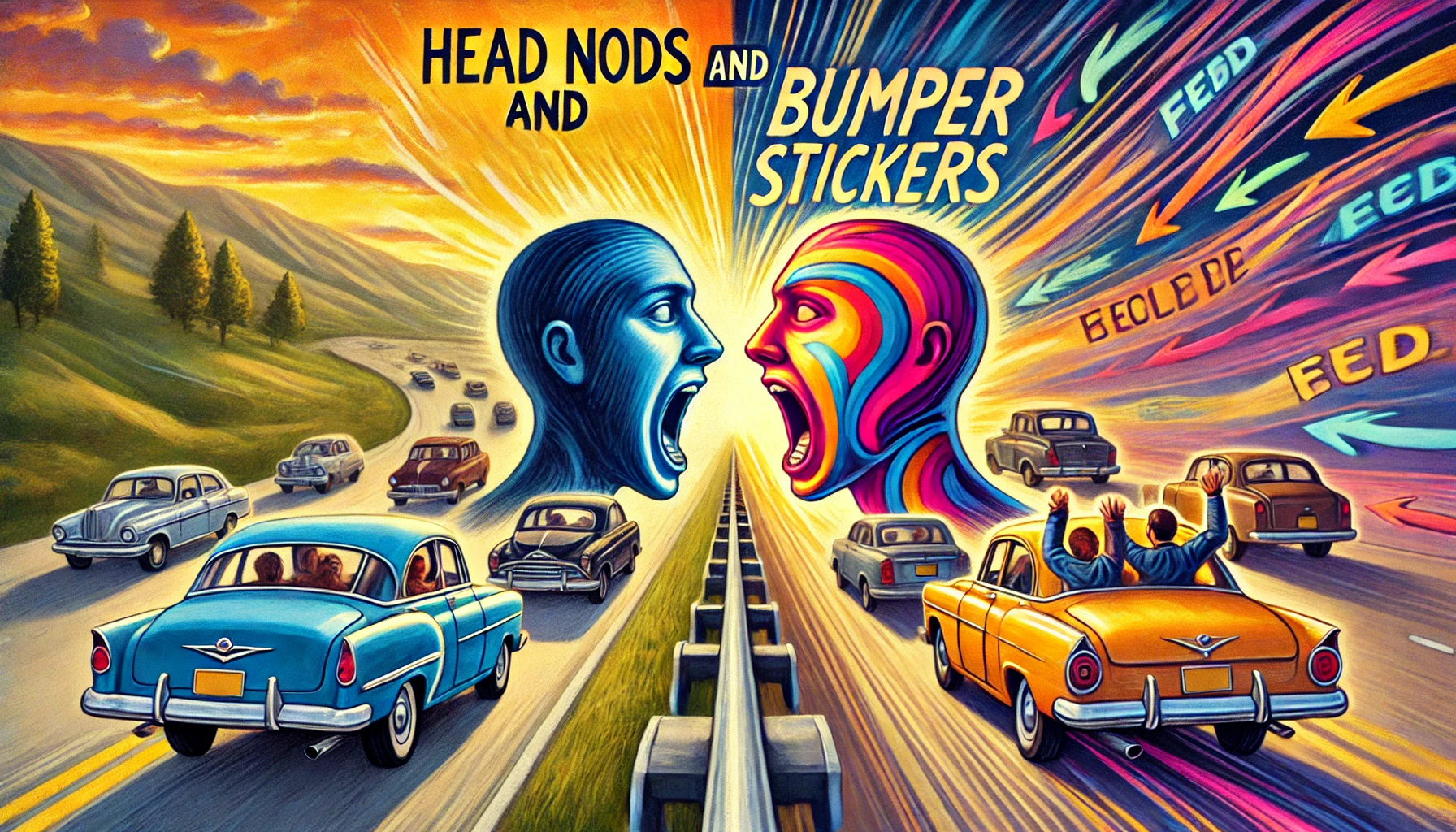
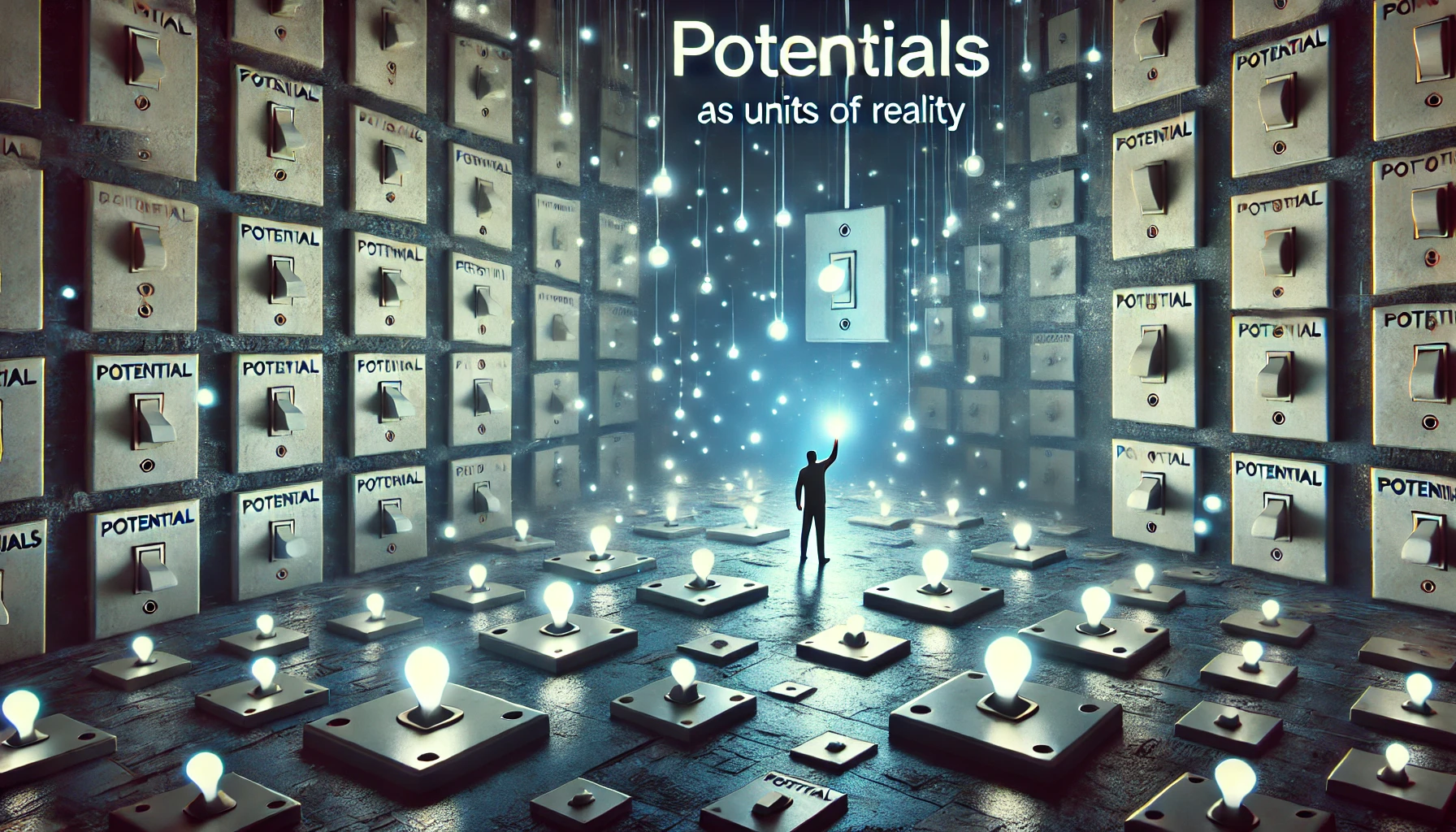
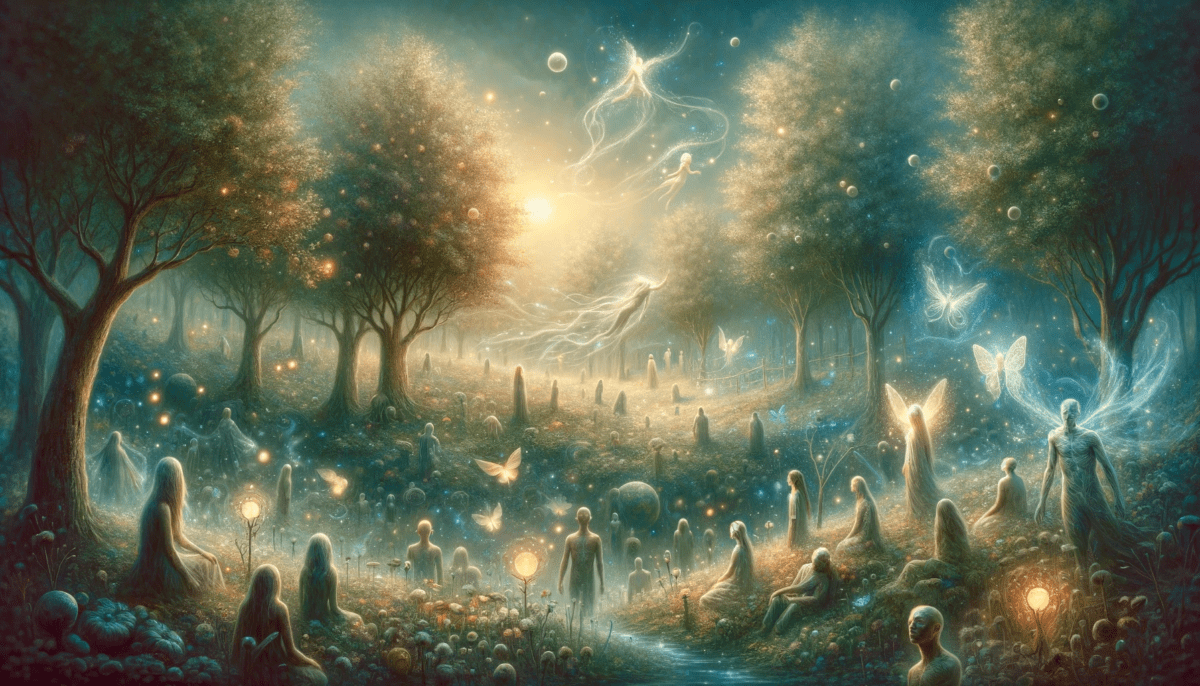
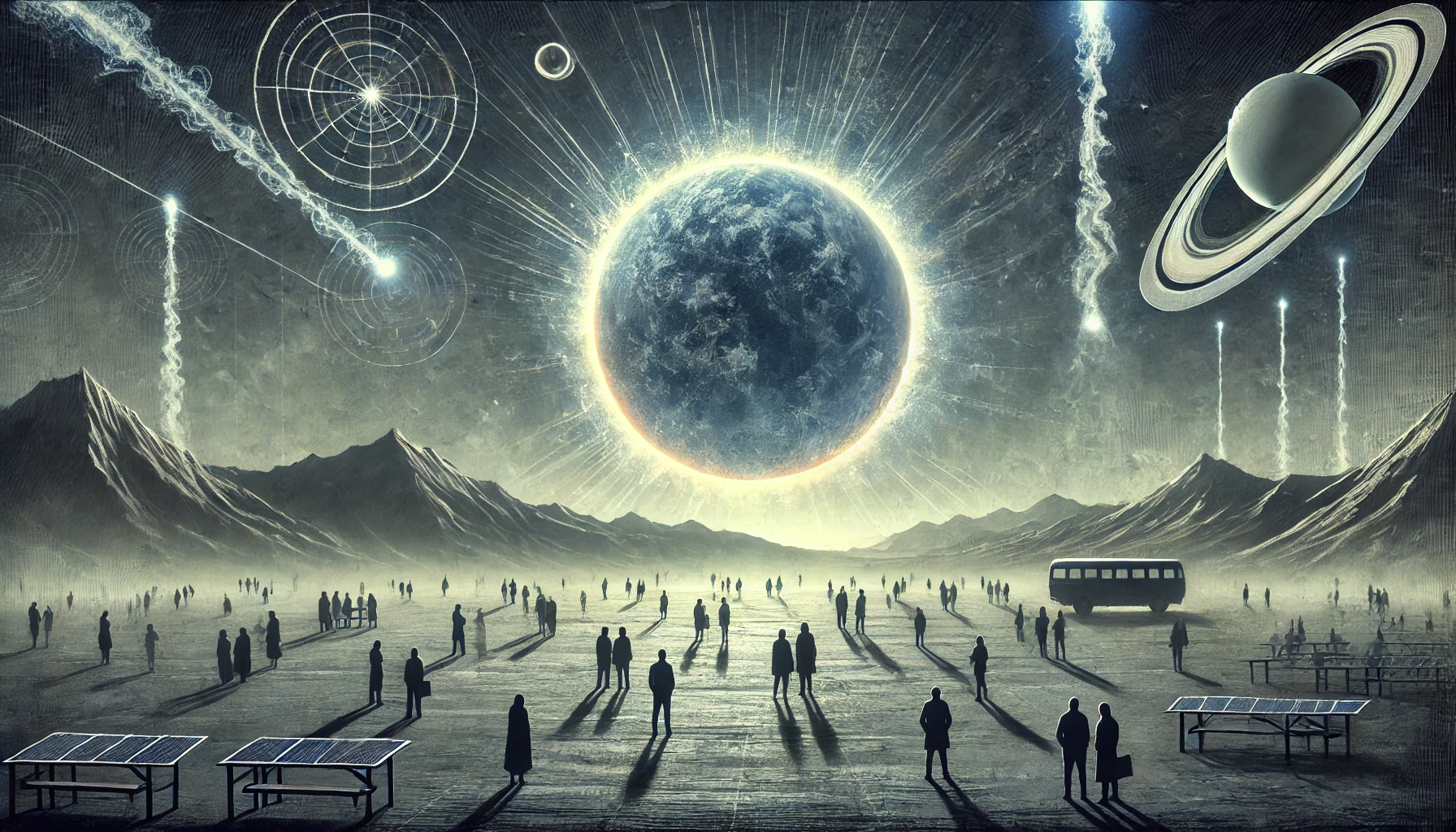

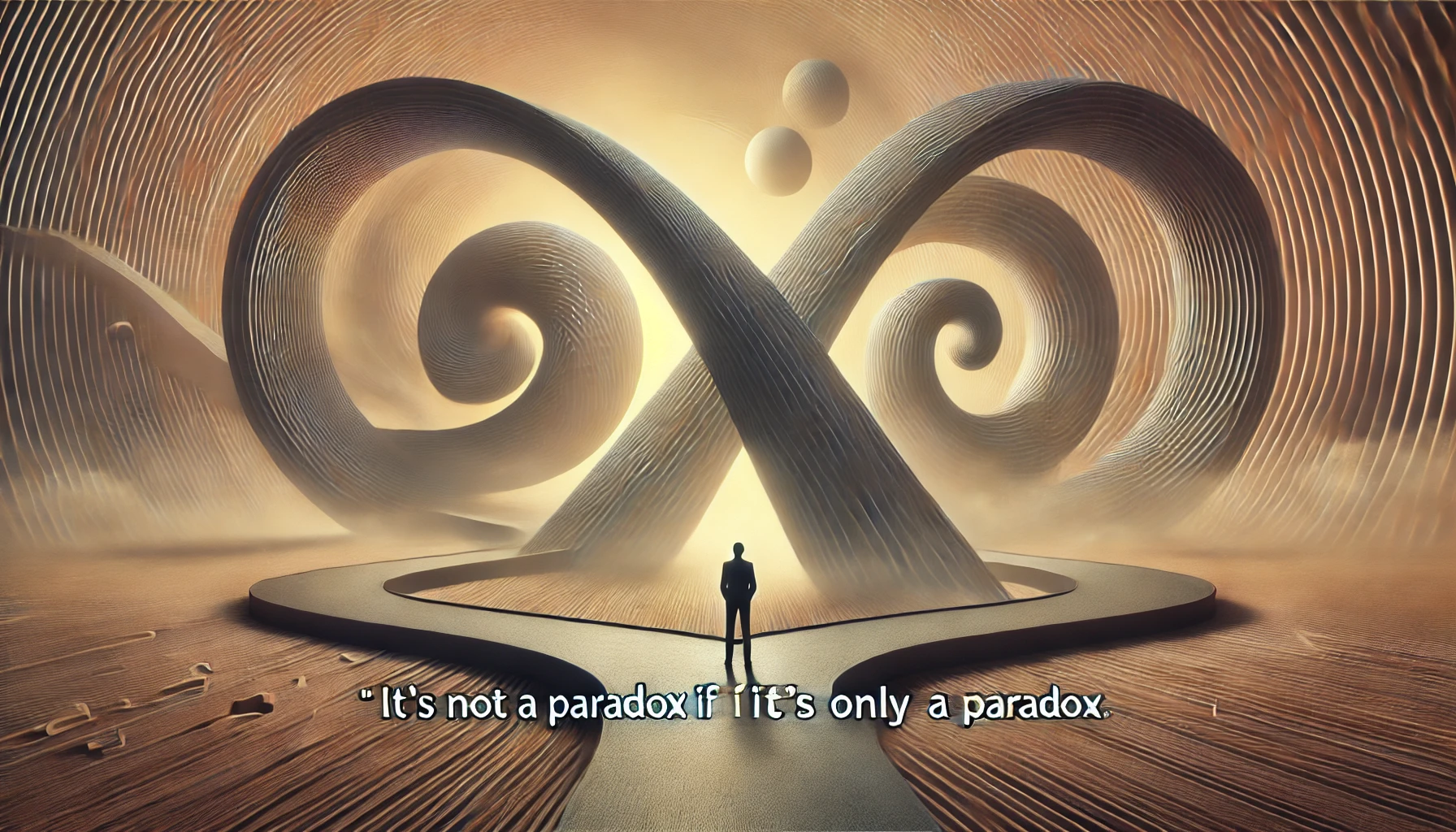
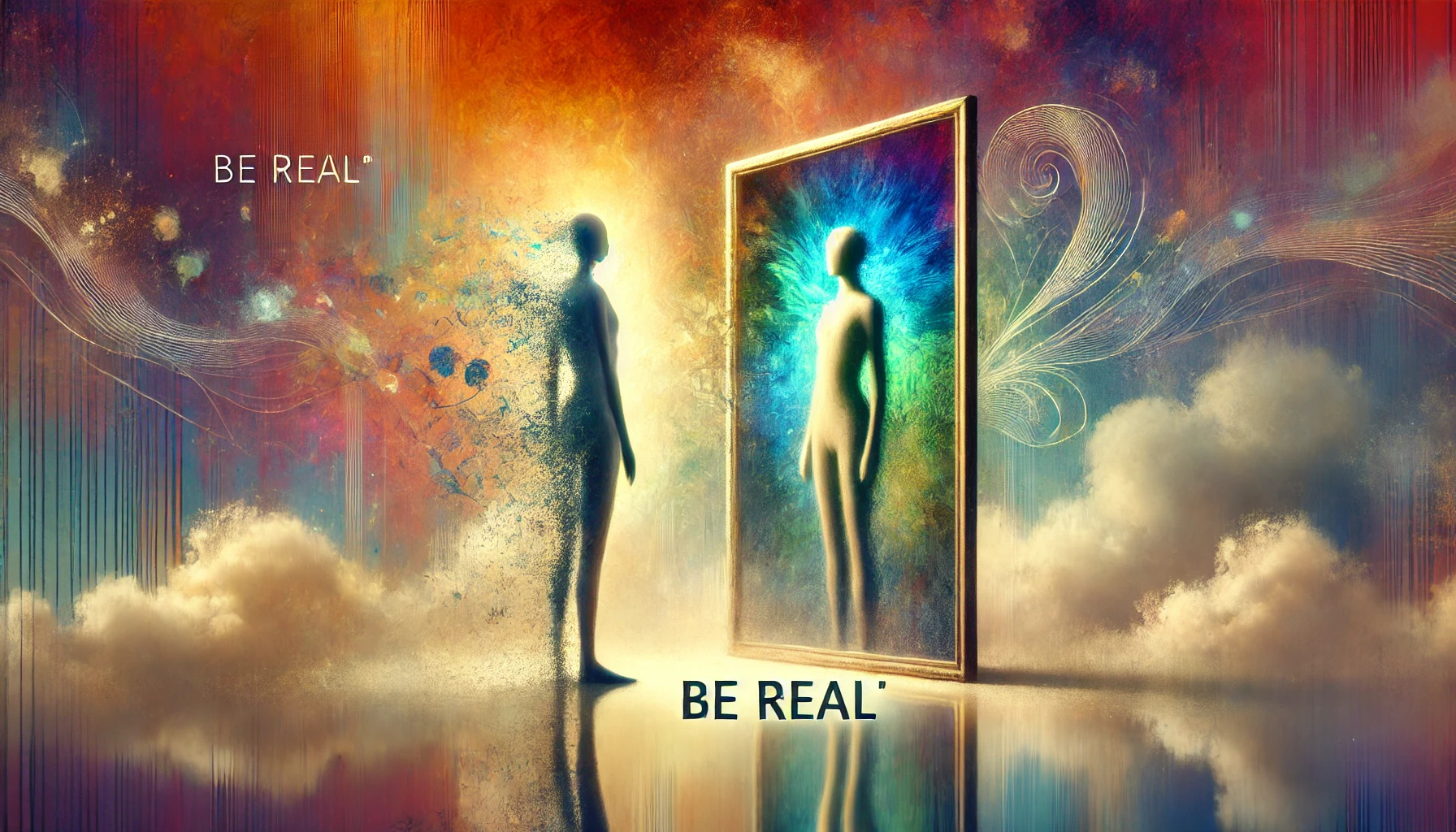
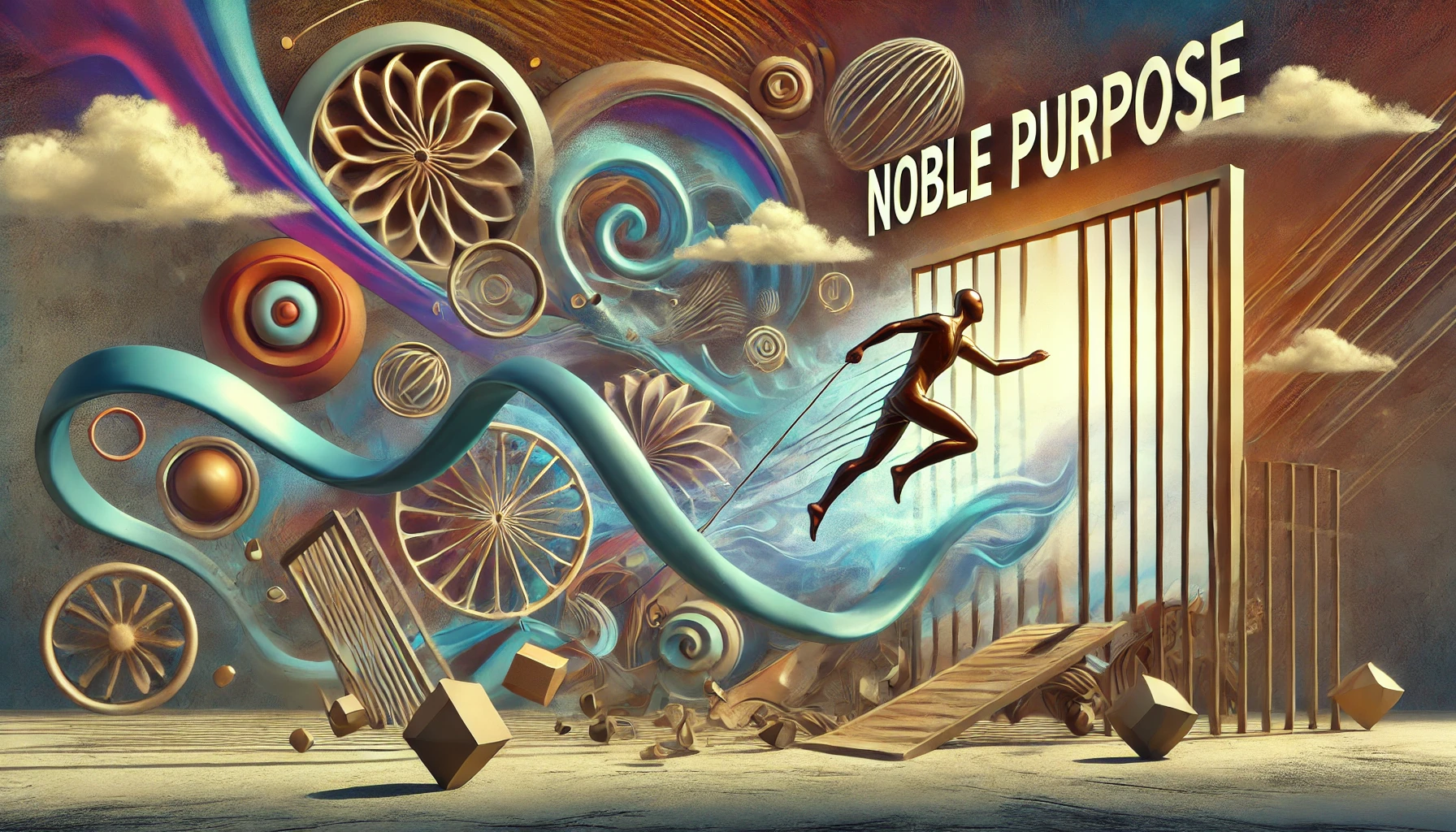
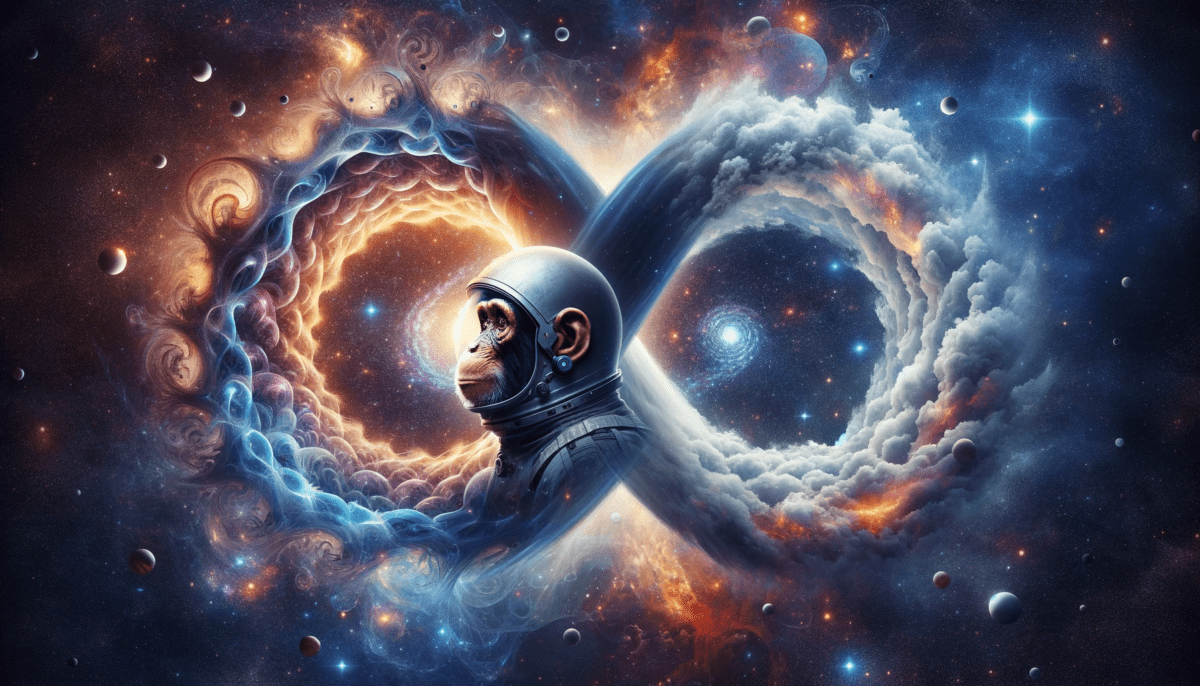
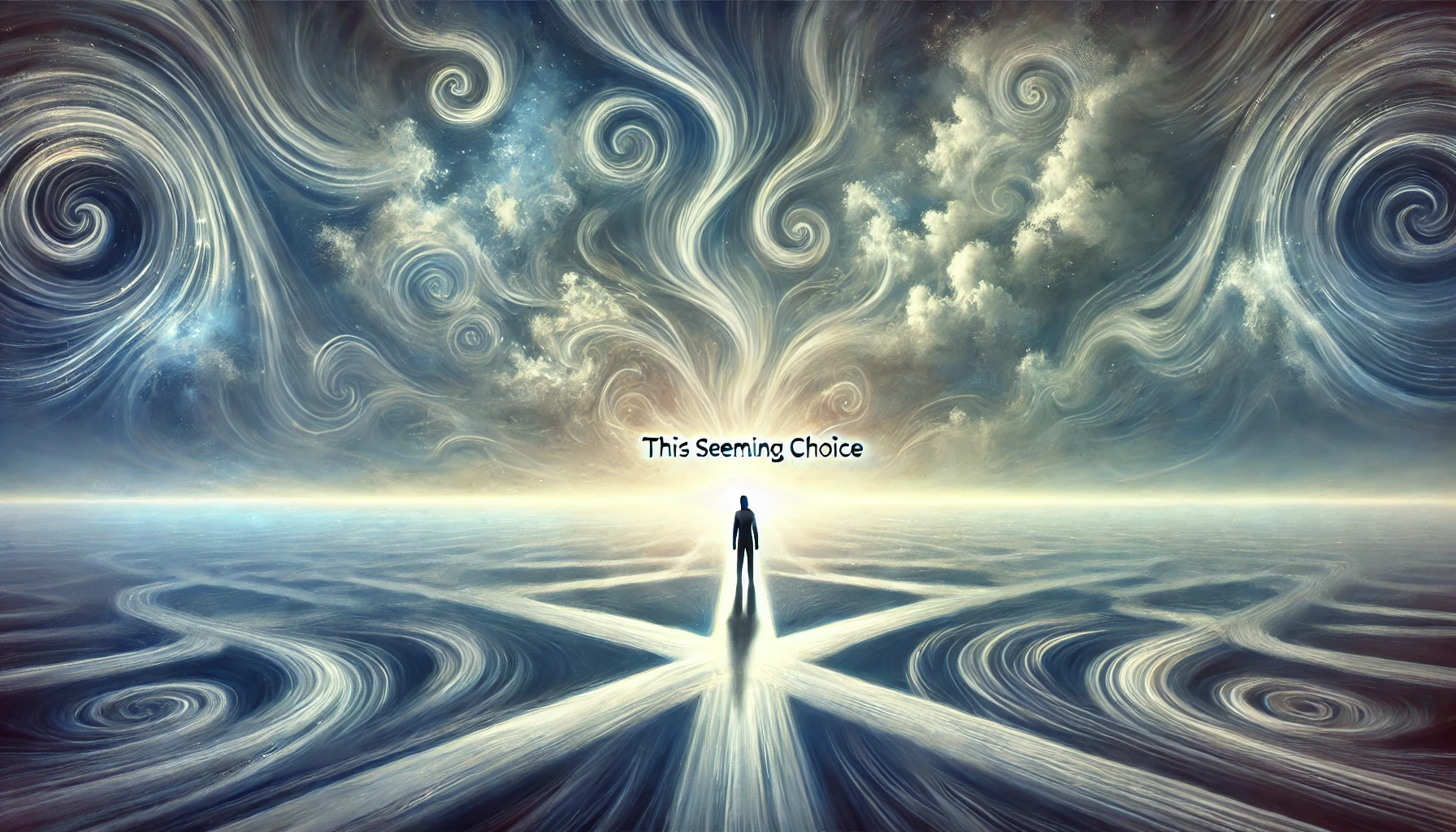
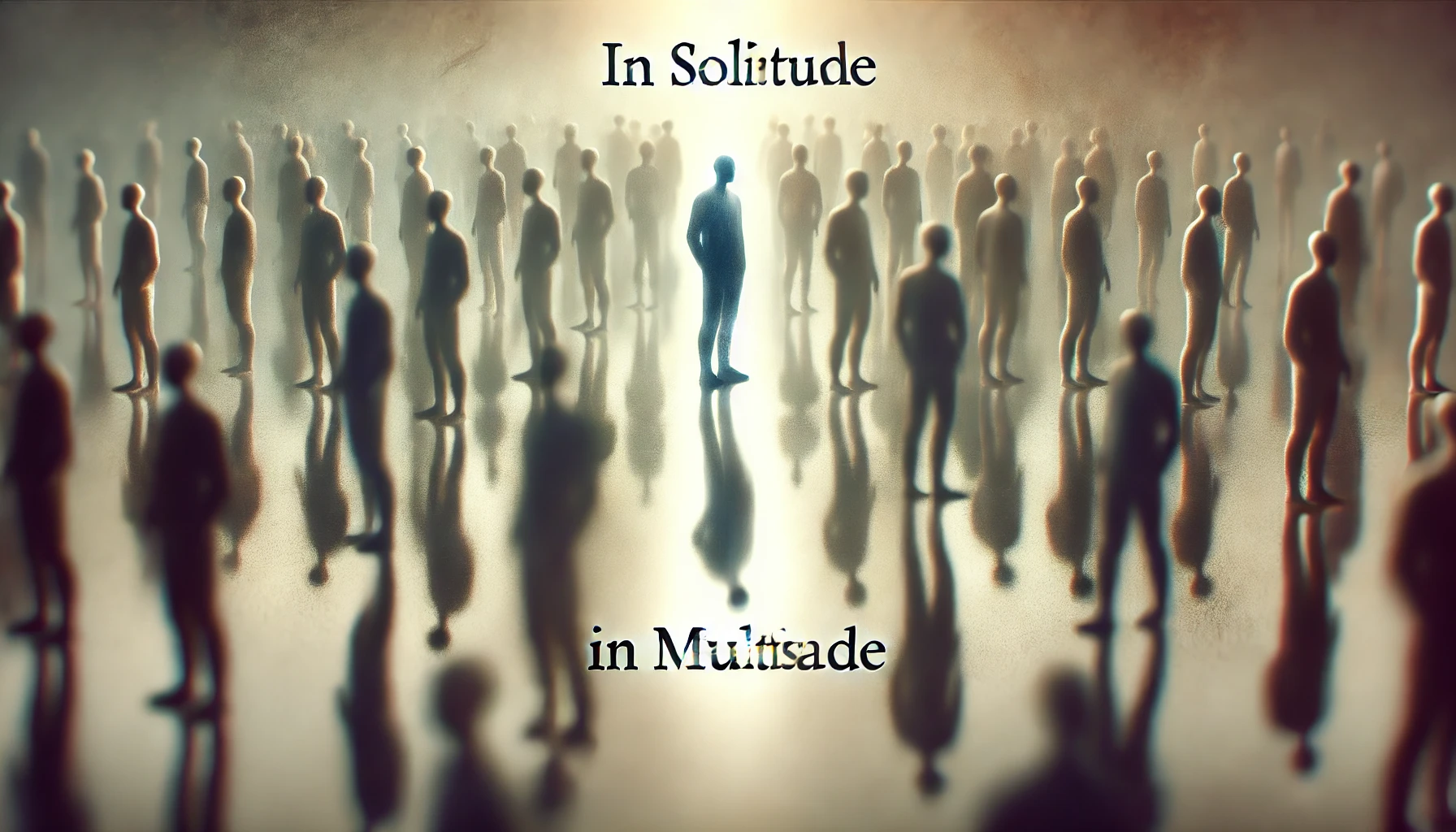
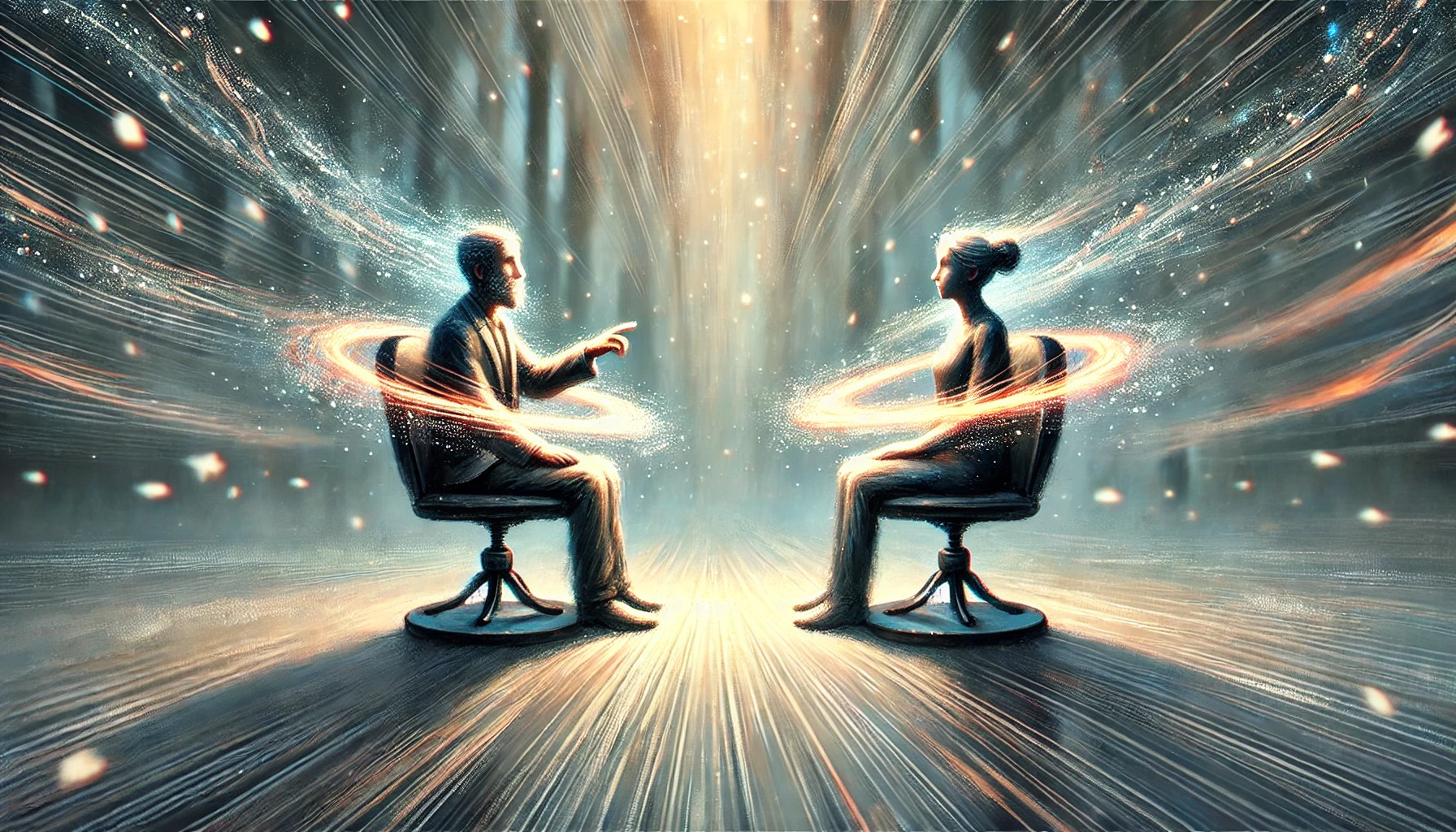
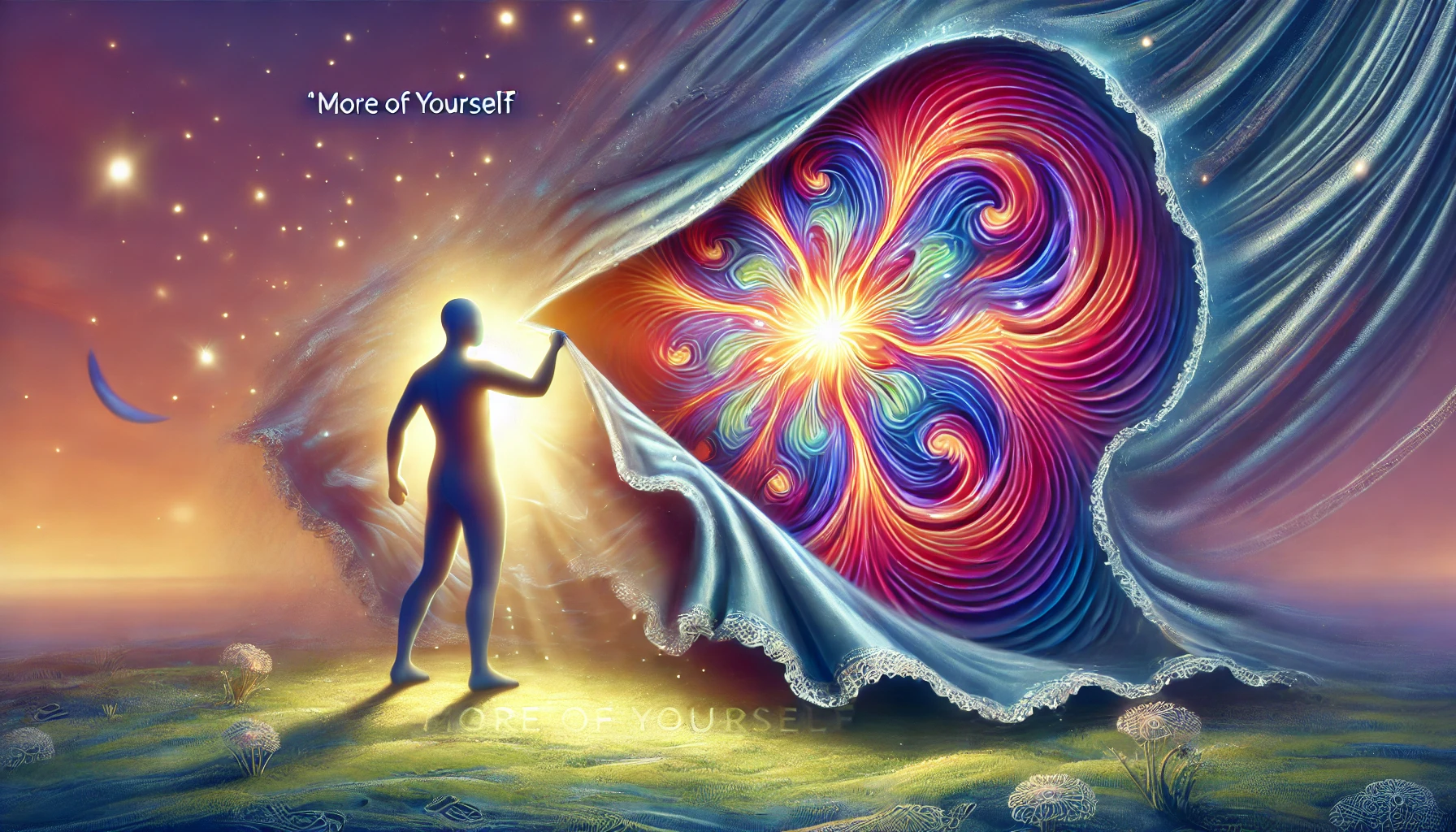

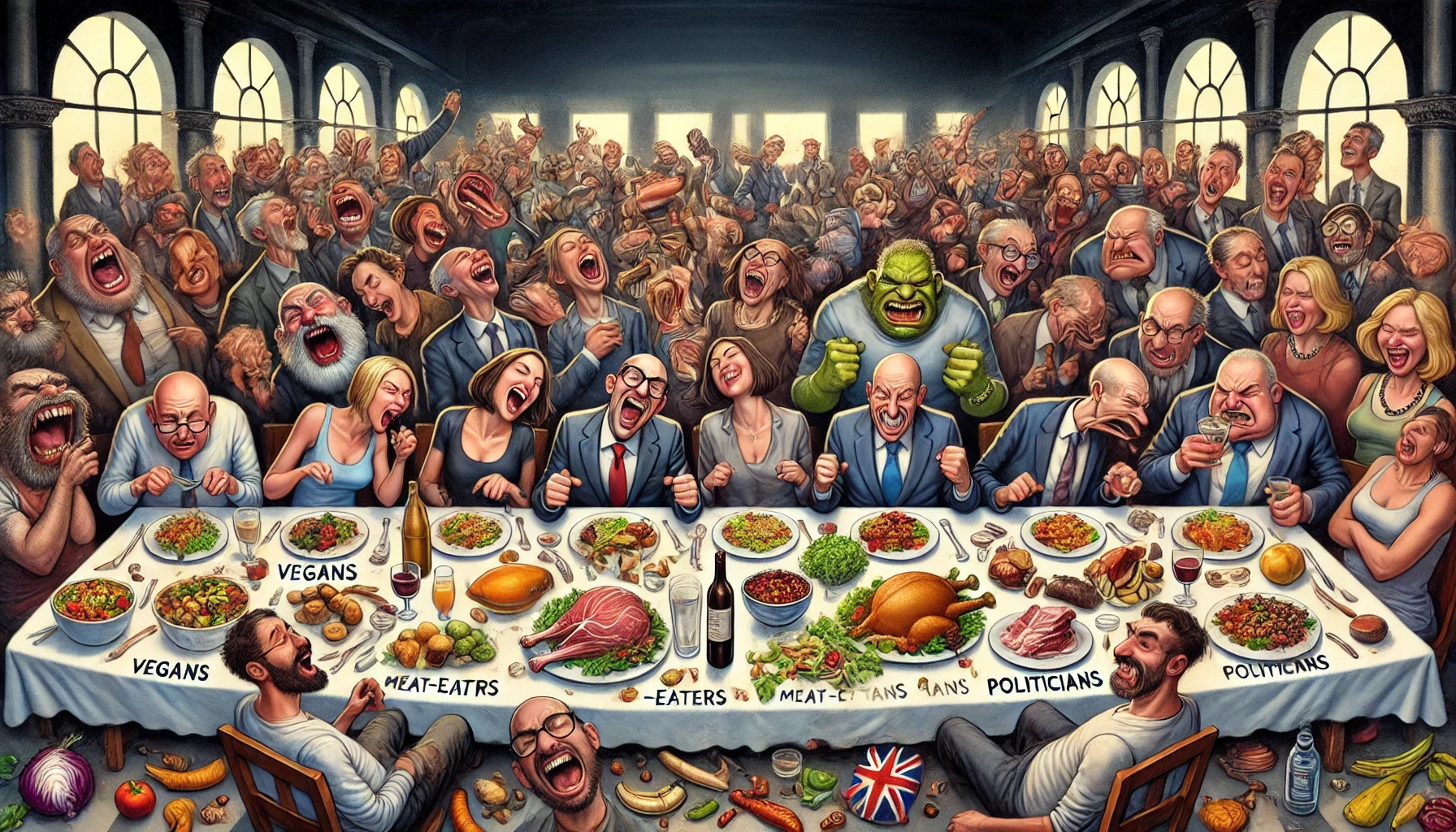
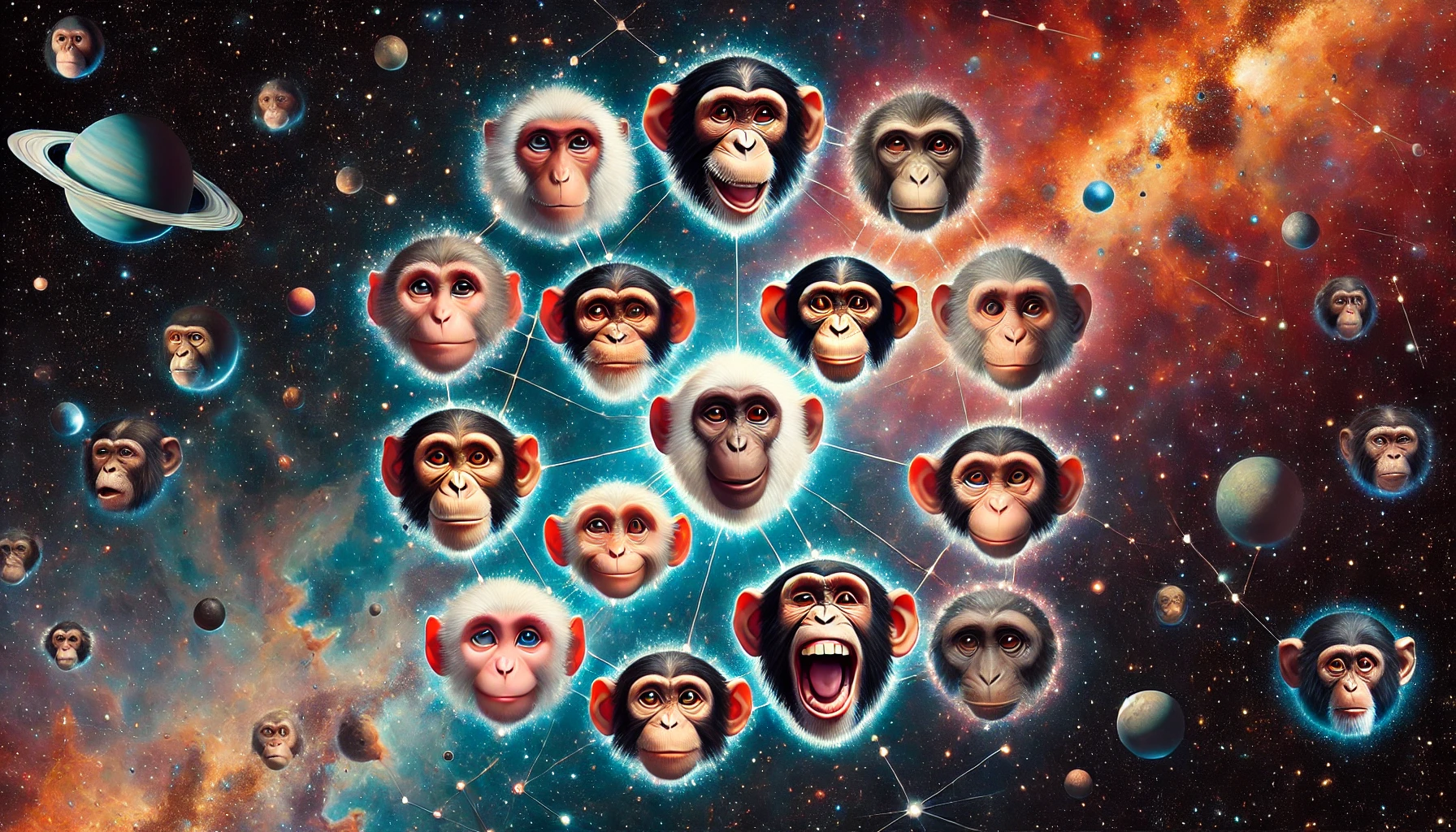
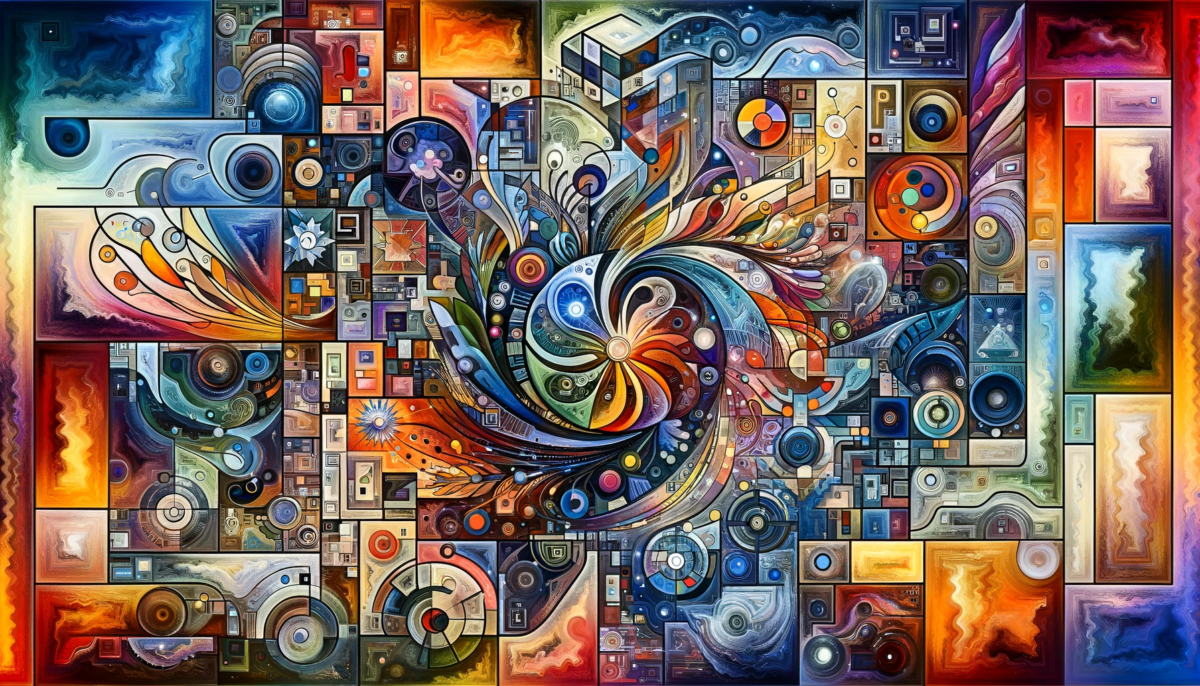
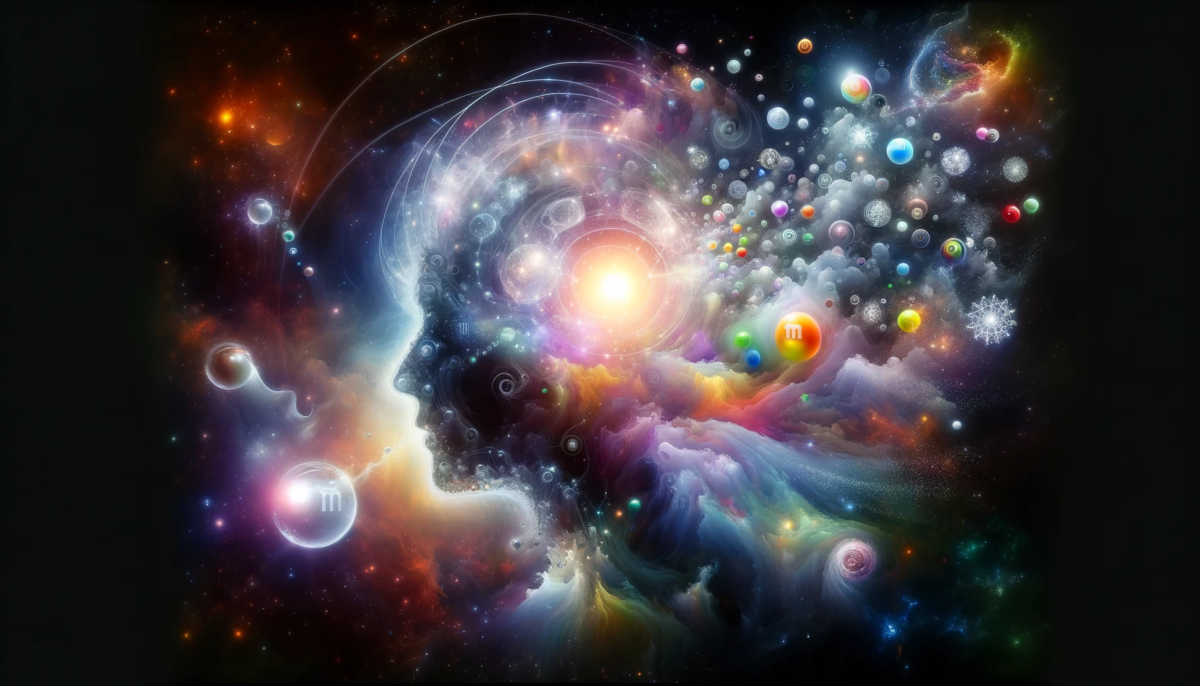
Leave a Reply